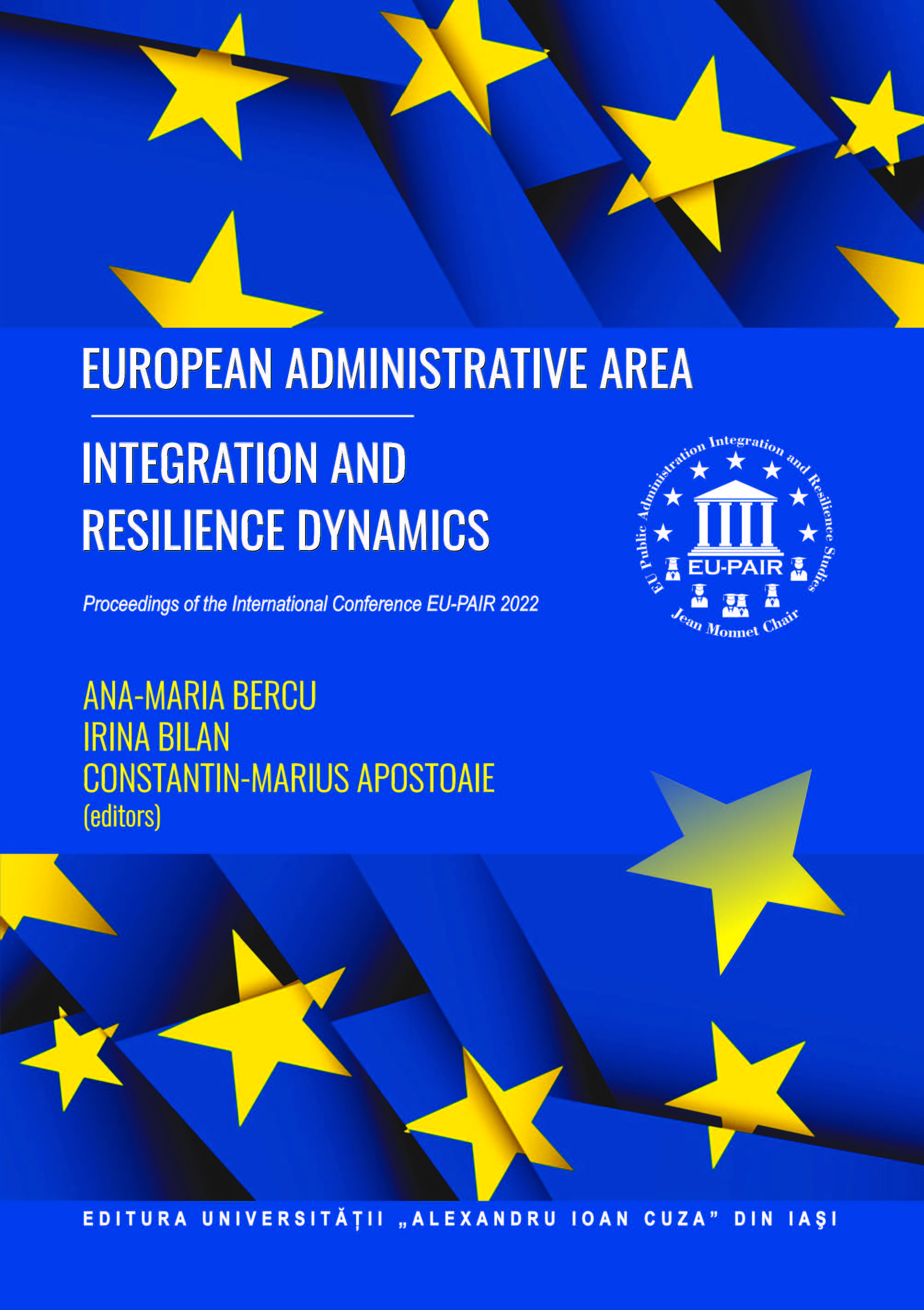COVID19 PANDEMIC AND PUBLIC PROCUREMENT
IN ROMANIA
COVID19 PANDEMIC AND PUBLIC PROCUREMENT
IN ROMANIA
Author(s): Dan Lupu
Subject(s): Social Sciences, Economy, Sociology, Government/Political systems, Health and medicine and law, Fiscal Politics / Budgeting
Published by: Editura Universităţii »Alexandru Ioan Cuza« din Iaşi
Keywords: pandemic crisis; public procurement; public funds;
Summary/Abstract: The public procurement system has suffered major challenges caused by the Corona crisis caused by Covid19, which has exacerbated existing problems. All state institutions, from town halls to hospitals and schools have been caught unawares by the current pandemic unprepared with the necessary equipment. Faced with an unforeseen and extreme emergency, the European Commission and national governments have suspended the provisions of national legislation in the field, trying to make it much easier to purchase equipment. Pandemic COVID19 has created an exceptional situation regarding the procurement of products, services and works, provided by both the Directive 2014/24/EU on public procurement and public procurement laws (Law 98/2016 on public procurement and Law 99/2016 on sectoral procurement). In other words, in case of unforeseen events or when the goods, services or works can be provided only by a certain operator, the “classic” public procurement procedures, procedures that involve both the publication in SEAP of a participation notice and different deadlines and documentations does not apply. This article analyses the changes from the public procurement sector in the period 2020 from Romania. Following the analysis, a series of practices used by public institutions during the pandemic period are identified: in order to reduce the risk of spreading the virus, public institutions have issued their own regulations on how to carry out telecommuting activities, as well as the necessary hygiene measures and restrictions; for public institutions that did not have additional responsibilities during the state of emergency, the provision of funds for procurement for staff protection was provided within the approved budget; as a rule, additional budgetary funds were made, mainly from savings made on other categories of non-essential expenditures.
- Page Range: 325-335
- Page Count: 11
- Publication Year: 2022
- Language: English
- Content File-PDF

